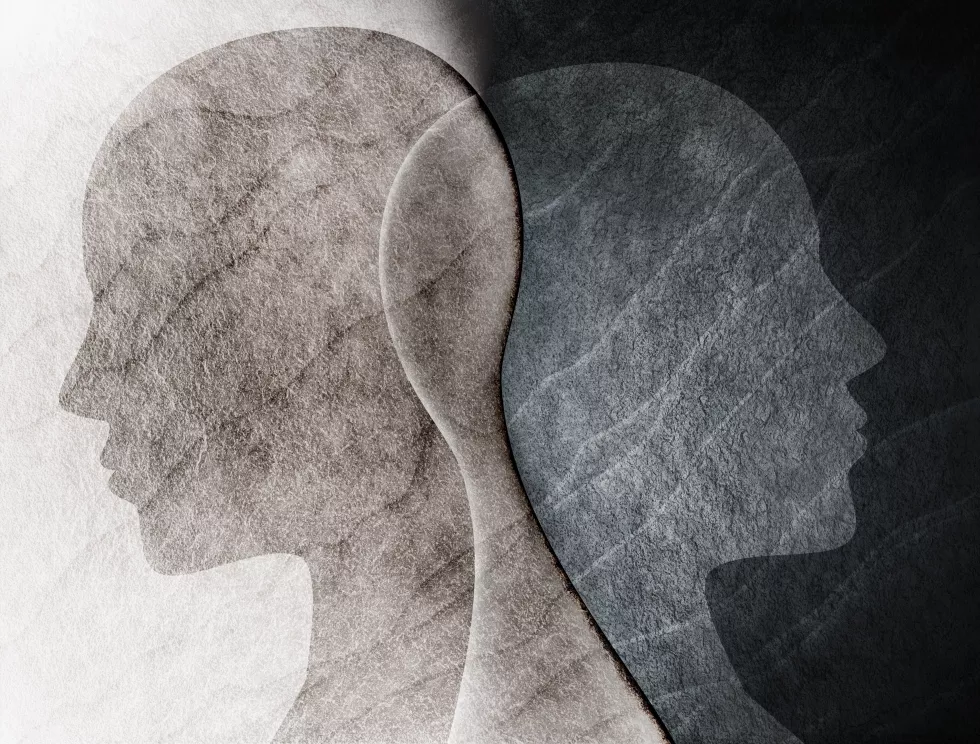



Psychology is a discipline whose goal is to understand and solve problems of an individual, a group or a whole society.
Psychological knowledge and skills are necessary for a profession as a
psychologist as well as for many other professions, especially those in
which one has to adapt to many challenges related to human mental life
and behavior.
In Poland and in Europe in order to work as a
psychologist one has to complete five years of studies majoring in
Psychology. The five years of studies can be accomplished by graduating
from a “3 + 2” program or a 5-year long-cycle program. The “3 + 2”
program refers to a Bachelor’s Degree (3 years) and a Master’s Degree (2
years). The 5-year long-cycle program refers to a course of studies
that is not divided into two stages.
Completing either a Bachelor’s Degree (3 yrs.) in Psychology or
a Master’s Degree (2 yrs.) in Psychology will equip a student with
knowledge and skills needed in many areas of work such as human
resources or social services, but achieving either level of education
will not be sufficient to practice independently as a psychologist.
